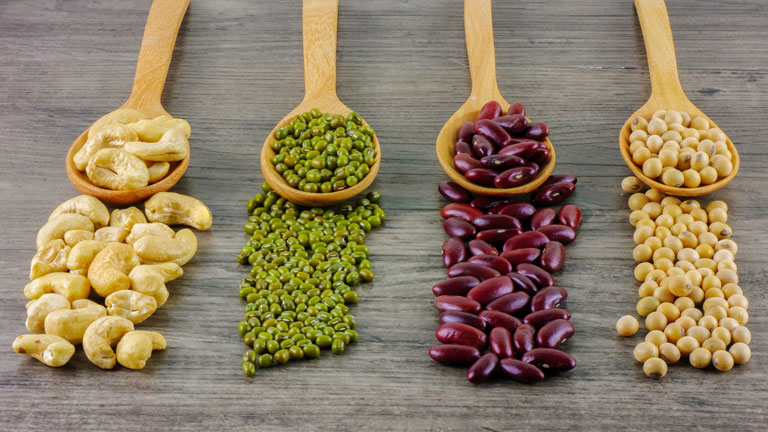ImpactAlpha, July 24 – It’s not just Beyond Meat and Impossible Foods. Climate- and animal- friendly food and beverage innovation is taking market share, and attracting capital.
Plant-based food sales grew 11% last year to $4.5 billion, five times the growth of the overall food market. UBS forecasts the plant-based meat market will grow by 28% a year and reach $85 billion by 2030. Plant-based dairy could be worth $37.5 billion by 2025.
The latest evidence comes from a tally of U.S. food and beverage investment activity by Food + Tech Connect that shows the break-out performance of plant-based alternatives, which dominated investment activity last year.
Investor rush to alternative meats and healthy eating accelerates the disruption of food systems
“The better-for-you food movement continues to expand,” author Ryan Williams tells ImpactAlpha. The funding frenzy may be oversaturating the market with niche brands and frothy valuations, he says, but “it’s also disrupting the nearly $1 trillion US packaged food market.”
A new driver: the climate emergency. As the carbon footprint of legacy meat production becomes more glaring, even Big Food is hedging. The entrepreneurs are getting ahead of the curve. Shifting to a plant-rich diet, for example, is one of the top five carbon-reducing solutions on the Project Drawdown list of solutions to reverse global warming.
How much carbon does a Beyond Burger avert? Beyond Meat commissioned the University of Michigan to calculate the impact. The reported totals: the ‘Beyond Burger’ generates 90% less greenhouse gas emissions, requires 46% less energy, has more than 99% less impact on water scarcity and 93% less impact on land use than a quarter pound of U.S. beef.
Other markers of the food disruption:
- Sustainable edge. More than $1.45 billion was invested across 247 U.S. food and beverage deals in 2018. Investors are seeking to add value as deals become more competitive, according to Food + Tech’s 2018 U.S. Food & Beverage Startup Investment Report. CircleUp provides introductions, as well as its machine learning platform. Wild Ventures has assembled an investor syndicate of wellness influencers to drive direct sales. Others are specialists: New Crop Capital, Powerplant Ventures, and Stray Dog Capital have built portfolios focusing on alternatives to meat, seafood, and dairy. The 800-pound burger in the room: Impossible Foods, which raked in $114 million.
- Protein shakes. Dairy and animal-based protein alternatives attracted almost $400 million, or one-third of all food and beverage investment. “The economic, environmental and health benefits associated with a plant-centric diet has enabled startups to gain traction,” Williams said, citing plant-based yogurt (Kite Hill), seafood (Ocean Hugger Foods) and dairy (Perfect Day). Beyond Meat’s blockbuster IPO raised the stakes (see, “Philanthropic investors multiply their impact assets with Beyond Meat’s IPO”).
- Unsweetened. Per capita sugar consumption declined to a 30-year low, says the U.S Dept. of Agriculture. Trend-spotting startups include Spindrift, Koia, Quest Nutrition and Halo Top. Pepsi has launched its own sparkling water brand.











